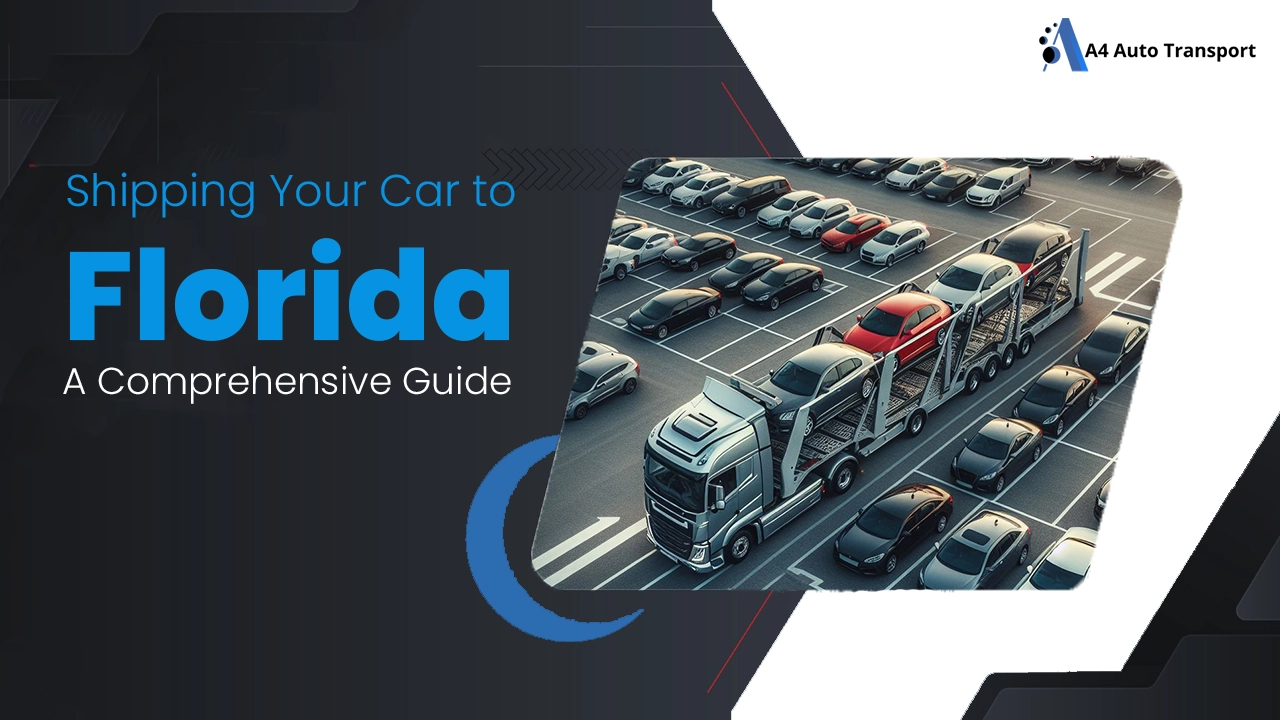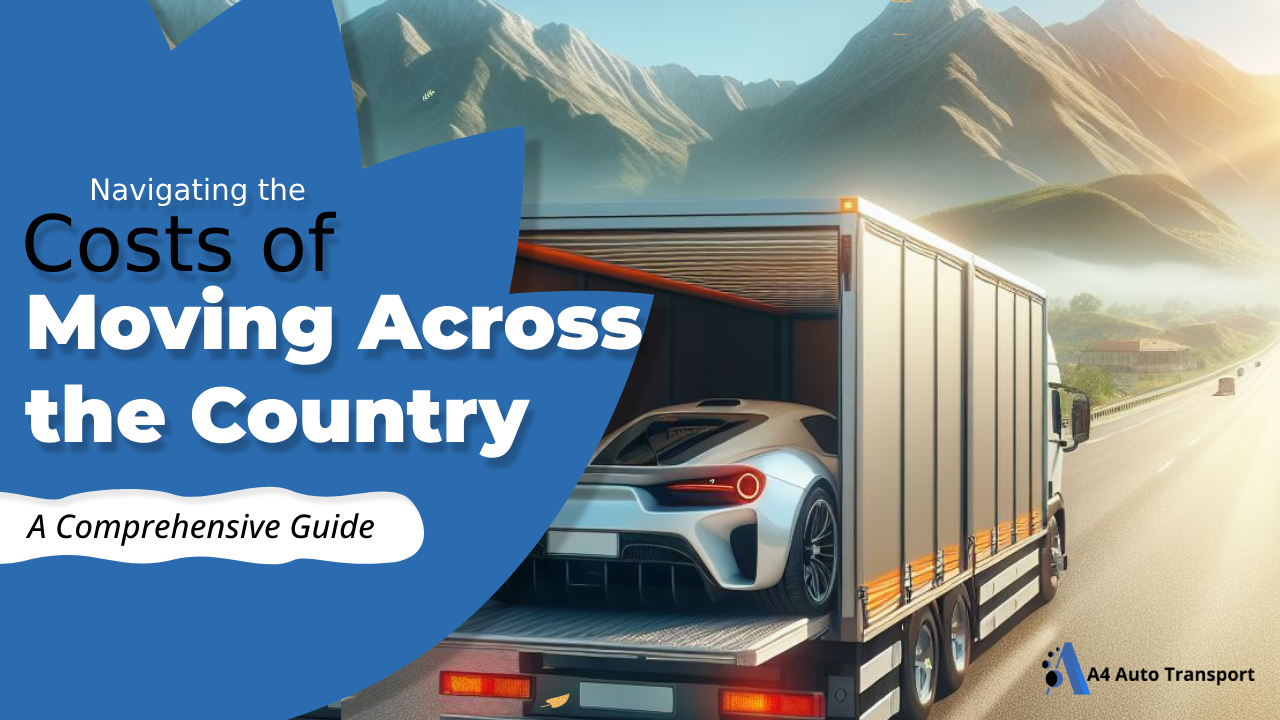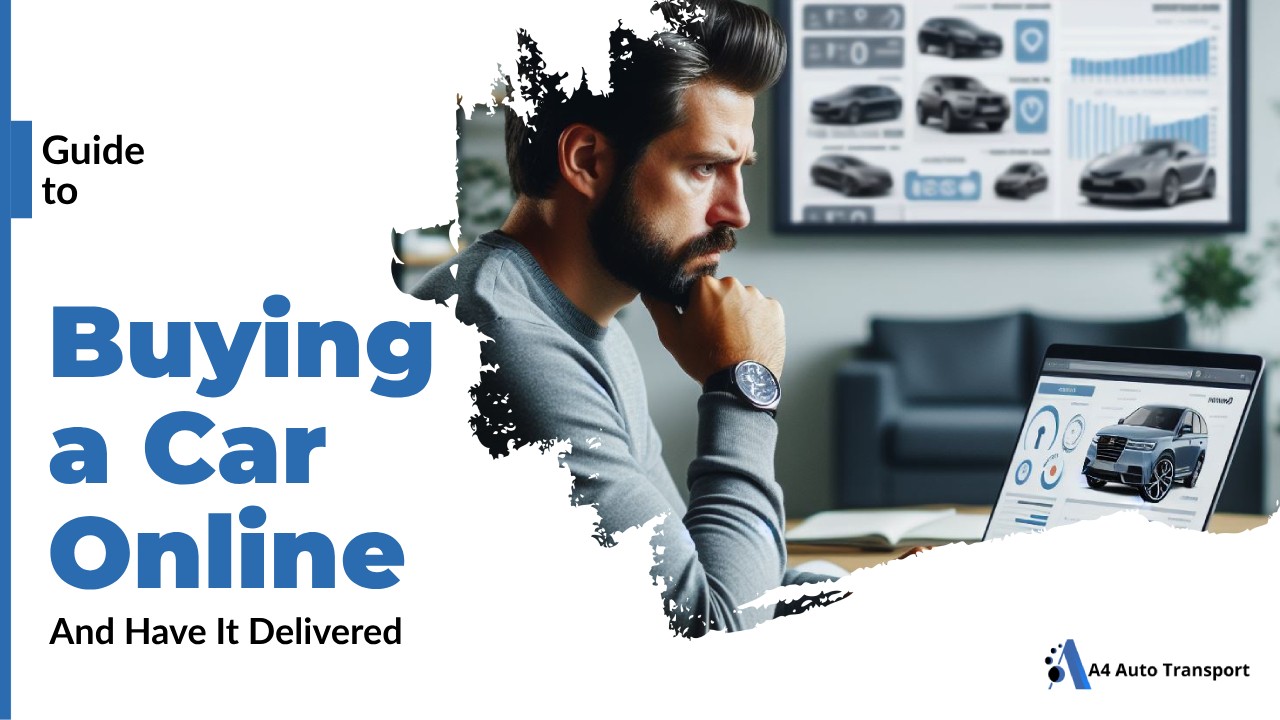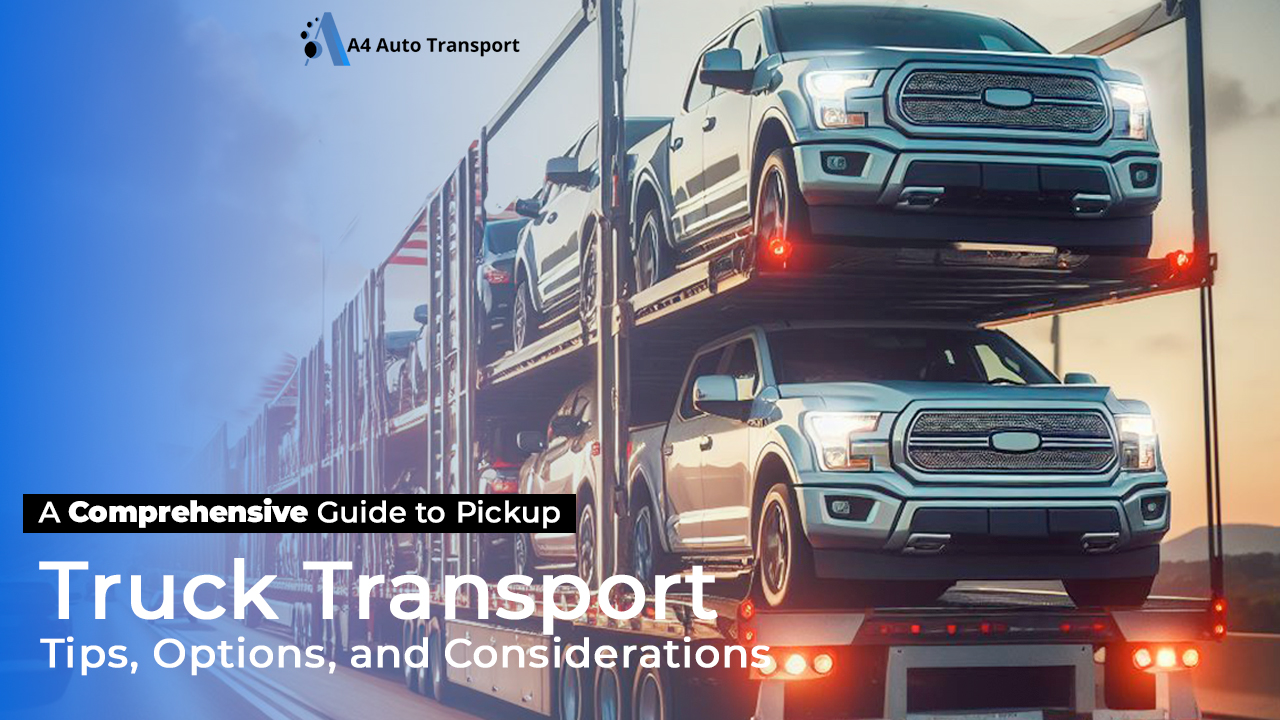Insurance Auto Auction
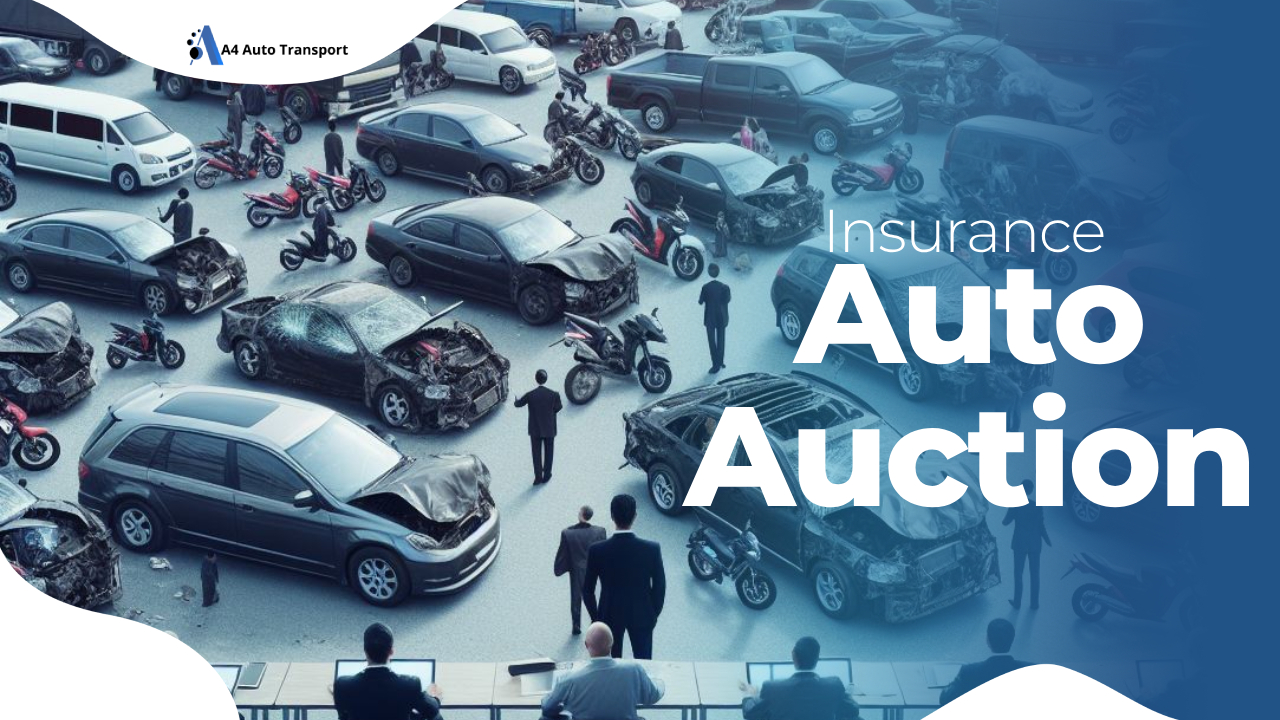
Insurance auto auctions are marketplaces where insurance companies sell vehicles they’ve declared a total loss. These can be cars, trucks, motorcycles, and even heavy equipment, due to accidents, theft, or other reasons. The vehicles might be repairable, partially damaged, or even inoperable.
Traditionally, only licensed dealers could participate, but online platforms now allow individuals to bid and buy. There are potential benefits like deep discounts and a wide variety, but also drawbacks to consider. You might buy a car that’s more expensive to fix than expected, have limited inspection time, and be stuck with an “as-is” vehicle with hidden problems.
Key Highlights
- Insurance auto auctions offer salvaged vehicles at potentially lower prices, but may have hidden damage and require title registration research.
- Buyers can find a wide variety of vehicles at insurance auto auctions, including cars, trucks, motorcycles, and even rare models.
- To minimize risks, research vehicle history, inspect vehicles whenever possible, set a budget, and understand salvage titles before bidding.
What type of vehicles are typically available at Insurance Auto Auction?
Insurance auto auctions feature a diverse range of vehicles, including salvage, damaged, or previously involved in accidents. These auctions present vehicles with varying degrees and types of damage, often declared as total losses by insurance companies. These vehicles frequently carry salvage titles due to accidents, collisions, floods, fires, theft recoveries, or vandalism. Despite their history, many of these vehicles are still in good condition and may even have remaining factory warranties, particularly late models.
Common types of vehicles found at Insurance Auto Auctions include salvage cars, junk cars, and rare or unique models. Salvage cars may have salvage titles or accident histories but can be repaired and driven at a fraction of the cost of a new vehicle. Junk cars, however, are not roadworthy but can be purchased for specific components or recycling purposes.
Additionally, insurance auto auctions may feature rare and unique car models not readily available elsewhere. These auctions offer buyers opportunities for affordable pricing, restoration projects, and access to spare parts, making them a valuable resource for individuals seeking damaged vehicles for repair or repurposing purposes.
How to register for an Insurance Auto Auction?
- Visit the IAA registration page at IAA Registration Page.
- Complete the registration form by entering necessary details including your first name, last name, email, and password.
- Choose between registering as a Guest or upgrading your account for full bidding and buying privileges.
- Opting to become an IAA Registered Buyer grants you access to bid on and purchase vehicles.
- Submit the membership fee and have your buying documents reviewed to prepare for bidding and purchasing vehicles.
- Once registered, explore thousands of vehicles in their inventory, add favorites to your watch list, and take part in their daily online auctions in real-time.
How are insurance auto auctions conducted?
Here’s a breakdown of how insurance auto auction work:
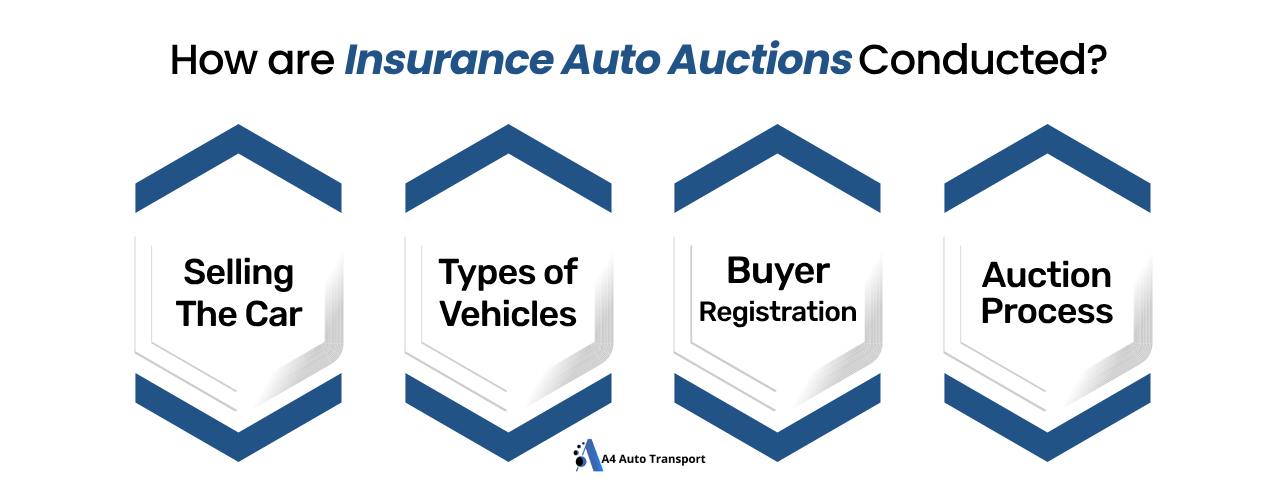
- Selling the car: Insurance companies sell totaled vehicles to recoup some of their losses from paying out claims. They partner with insurance auto auction houses, which can be physical locations or online platforms.
- Types of vehicles: There are a variety of vehicles at insurance auctions, including cars, trucks, SUVs, and motorcycles. The extent of the damage varies; some vehicles may have repairable cosmetic damage, while others may have more serious structural damage.
- Buyer registration: In order to participate in an insurance auto auction, a person typically needs to register with the auction house. This may involve providing basic personal information and paying a refundable deposit.
- Auction process: Similar to traditional auctions, insurance auto auctions allow buyers to place bids on vehicles. The bidding process can be online or in person. Buyers should carefully review the vehicle’s description and condition report before placing a bid.
Process for Bidding on a Vehicle
Scoring a great deal on a car at an insurance auto auction is possible, but there’s a specific process to follow.
Get Yourself Registered: Sign up for an account on the auction platform you choose. Many platforms offer free “Guest” accounts to browse, but to actually bid, you’ll likely need a “Registered Buyer” upgrade.
Scout the Selection: Once you’re in, dive into the auction inventory! With thousands of vehicles available, you can browse, make a “Watch List” of your top picks, and get ready for the live online auctions.
Bidding Strategies: There are a few ways to place your bids during the auction:
- Live and Online: This is the most common method – you battle it out with other bidders in real-time through the platform’s online bidding system.
- Proxy Bidding: Can’t catch the live action? No problem! Set a “proxy bid” up to an hour before the auction starts. The platform will then automatically bid on your behalf, up to your limit.
- Broker it Out: For an extra layer of expertise, consider using a licensed broker to represent you during the auction.
- Winning the Prize: If your bid comes out on top when the auction concludes, congratulations! You’ve just secured yourself a new (well, new-to-you) vehicle. Now, you can proceed to finalize the purchase and make arrangements for pickup or delivery.
Tips for Successful Bidding
Participating in insurance auto auctions requires careful consideration and strategic bidding to secure desired vehicles at competitive prices. Before placing a bid, it’s essential to thoroughly inspect the vehicle either in person or through detailed photographs and descriptions provided by the auction platform. Understanding the vehicle’s condition, repairability, and estimated repair costs is crucial in determining its value and setting a maximum bid amount.
Additionally, buyers should factor in additional expenses such as transportation, titling, and potential repairs when budgeting for their purchase. Finally, it’s important to remain disciplined during bidding, avoiding emotional impulses and sticking to predetermined budget limits to avoid overspending.
Title Types and Importance
Before you jump into IAA auctions, understanding the title situation is key! Here’s a quick guide:
- Salvage Titles: These cars require extra effort to register and might have restrictions on how you can use them. Make sure you research your state’s rules carefully.
- Rebuilt Salvage Titles: Sometimes, a salvaged car can be fixed and pass inspections to get a rebuilt salvage title. This makes registration easier, but there might still be limitations.
- Clean Titles: These are the most hassle-free titles, allowing for easy registration and use. But beware, even clean title cars at IAA auctions might have hidden problems.
Features of Insurance Auto Auction Mobile App
The main features and advantages of the Insurance Auto Auctions (IAA) mobile app are:
- Extensive Inventory Access: Users can explore IAA’s vast inventory of lightly damaged and salvaged vehicles available for auction directly through the app.
- Evaluation Tools: The app offers advanced evaluation features such as IAA 360 View, High-Resolution Images, Engine Start videos, and Key Images, enabling buyers to thoroughly assess vehicle conditions before placing bids.
- Auction Variety and Notifications: Users have the option to participate in different auction types, including Timed Auctions, Buy Now, Dream Rides, Rec Rides, Specialty, and Virtual Lane. The app sends SMS notifications to keep users informed about status changes, like being outbid or payment notices.
- Payment and Logistics: Multiple payment options, including credit/debit cards, wire transfers, and financing through a floor plan provider, are available for purchasing won vehicles. Users can utilize IAA’s transportation services for delivery or self-pickup of purchased vehicles.
- Account Management: The app enables users to manage their offers, payments, watch list, and review past purchases conveniently within the platform.
Potential Benefits and Drawbacks of Insurance Auto Auction
Insurance auto auctions offer a chance to snag a car at a potentially lower price, but it’s not without its challenges. Here’s a breakdown of the drawbacks and benefits involved:
- Great Deals: You might find a car significantly cheaper than market value, especially if the damage is repairable.
- Variety of Vehicles: Auctions offer a wide selection of cars, trucks, SUVs, and even motorcycles.
- Potential for Profit: If you’re handy with repairs, fixing a car with a salvage title and reselling it can be profitable.
- Hidden Damage: Vehicles often have undisclosed issues beyond what’s reported. Repairs can be expensive and time-consuming.
- Salvage Titles: These titles come with registration hurdles and limitations on use. Insurance might also be more expensive or difficult to obtain.
- Competition: Auctions can get heated, and you might end up paying more than expected due to bidding wars.
- No Guarantees: You’re buying the car “as-is,” meaning there’s no warranty or guarantee on its condition.
How to Minimize the Risks?
To alleviate the risks of participating in insurance auto auctions, consider these key strategies:
- Research: Thoroughly research vehicles’ histories, including accident records and title statuses, to understand potential risks.
- Inspect: Whenever possible, inspect vehicles in person or arrange for a trusted third party to assess their condition.
- Set a Budget: Determine a maximum budget for bidding and stick to it to avoid overspending.
- Understand Salvage Titles: Be aware of the implications of salvage titles on a vehicle’s value and repair costs.
- Attend Previews: Take advantage of preview events to inspect vehicles and gather information before bidding.
- Verify Procedures: Understand payment, ownership transfer, and documentation requirements before bidding.
- Consider Additional Services: Evaluate the value of additional services offered, such as transportation and warranties.
- Exercise Caution Online: Be cautious when bidding online, verifying the legitimacy of the auction platform and seller reputation.
By following these steps, buyers can minimize risks and make informed decisions when participating in insurance auto auctions.
Conclusion:
Insurance auto auctions represent a unique marketplace where salvaged vehicles find new homes and opportunities for restoration or repurposing. From salvage cars to rare models, these auctions offer a wide variety of vehicles to suit diverse buyer preferences and budgets.
While navigating salvage titles and vehicle histories requires diligence, the potential cost savings and opportunities for acquiring unique vehicles make insurance auto auctions an appealing option for buyers worldwide.
With careful research, strategic bidding, and a clear understanding of the auction process, buyers can successfully navigate these auctions and acquire their desired vehicles at competitive prices.
Frequently Asked Question
What is an insurance auto auction?
An insurance auto auction is a marketplace where insurance companies sell salvaged vehicles that have been declared total losses due to accidents, floods, fires, theft recoveries, or vandalism.
How do insurance auto auctions work?
Insurance auto auctions typically operate through live or online bidding platforms where buyers can place bids on vehicles. Vehicles are sold to the highest bidder, and winning bidders must complete the purchase process and arrange for pickup or delivery.
What types of vehicles are available at insurance auto auction?
Insurance auto auctions offer a variety of vehicles, including salvage cars, junk cars, and rare or unique models. Salvage cars may have salvage titles or accident histories but can often be repaired and driven. Junk cars are not roadworthy but can be purchased for specific components or recycling purposes.
Are salvage titles a concern when purchasing a vehicle at an insurance auto auction?
Salvage titles indicate that a vehicle has been significantly damaged and deemed a total loss by an insurance company. While salvage titles may deter some buyers, they also present opportunities for those willing to undertake repairs or restoration efforts. It’s essential for buyers to research a vehicle’s history before purchasing.
Can I inspect vehicles before bidding at an insurance auto auction?
Many insurance auto auctions offer preview events where prospective buyers can inspect vehicles up for auction before bidding begins. Inspecting the vehicle allows buyers to assess its condition, identify any damage, and determine the extent of repairs required.
What are the risks associated with participating in an insurance auto auction?
Risks associated with insurance auto auctions include purchasing vehicles with undisclosed damage, encountering unforeseen repair costs, and navigating salvage titles. However, with careful research, inspection, and strategic bidding, buyers can mitigate these risks and make informed purchasing decisions.
How can I participate in an insurance auto auction?
To participate in an insurance auto auction, you typically need to register with the auction platform, either online or in person. Once registered, you can browse available vehicles, place bids, and complete the purchase process if you win a bid.
a4AutoTransport is a group of auto transport researchers and experts that comes in handy for anyone who wants to move their car/vehicle without putting extra miles on the odometer. At a4AutoTransport, We researched over a hundred car shipping companies, interviewed real customers and industry leaders, and collected nearly 500 quotes to find the nation’s best auto transport companies. With our combined 5 years of industry experience and research, we’ll help you find the right car shipper for your budget.

